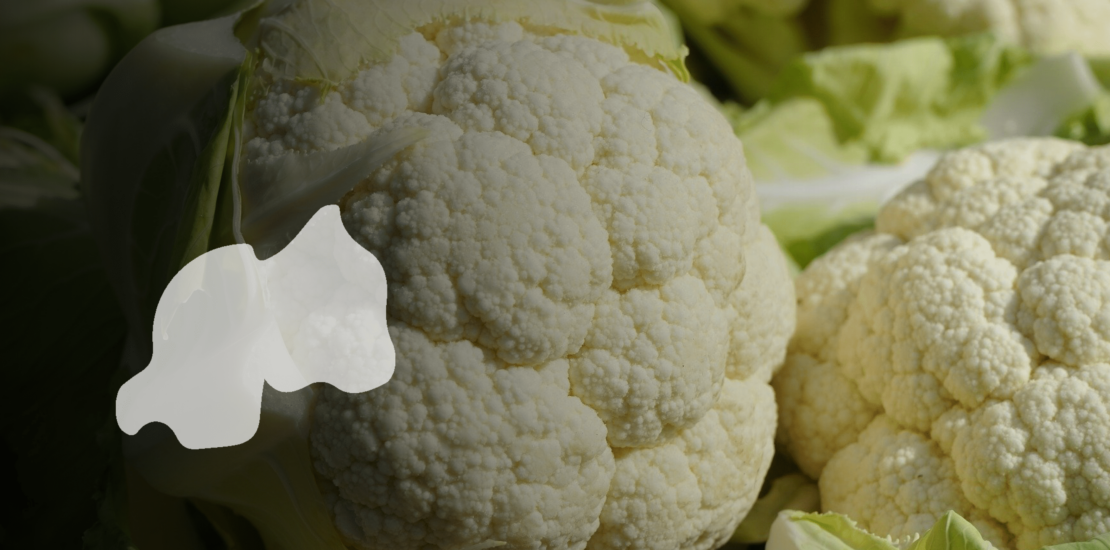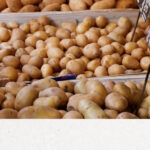Impacts of Covid-19 on the horticultural sector in Rwanda
- 18/09/2020
- Posted by: Sandra Borma
- Category: News, Rwanda

COLEACP’s surveys in the early months of the pandemic aimed to gather first-hand information on the impact of Covid-19 on operators of horticultural businesses, and assess how support from COLEACP and other partners could best be redirected as a response. These were not intended to be systematic surveys – respondents were self-selecting, and the operators taking part varying greatly in size and operation. But the results provide an illuminating qualitative snapshot of the key impacts of Covid-19 to date, and have been used to inform COLEACP’s and partner organisations’ priorities going forward.
In June 2020, COLEACP conducted a survey of its members in the Rwandan horticultural sector. The five responding companies are active in the fresh production and export sector (mainly French beans, pineapple, avocado, passion fruit, mushroom, sweet potatoes, eggplant, banana and chillies), and in processed products. All participating companies market their products on both international and regional markets, and one also sells its products on the local market.
Sales volumes had changed from the companies’ initial projections: during the period March–May two of the companies saw losses on their orders of 50–75%, and one company saw losses of 25–50%. One company reported losses under 25%, and one experienced no impact.
However, three companies reported that prices were similar to the same period in 2019 and one company received higher prices than 2019; only one company said prices were lower than in 2019.
The main problems encountered by companies were the limited airfreight options to main destination markets and the high cargo costs.
Regarding alternative markets, two companies were selling more on domestic markets and one company had processed some of its fresh produce. Two companies had not developed any alternative markets in response to the crisis. Just one of the five companies said it had access to onine platforms to market its products (Yego and Garden of Eden).
Covid-19 measures – frequent hand washing, distancing, not shaking hands – are generally known and understood by most employees of the companies. Despite the lack of financial means and restrictions on movements, all the companies were able to implement measures to cope with Covid-19 that allow them to continue their operations at production, outgrower level and packhouse levels.





